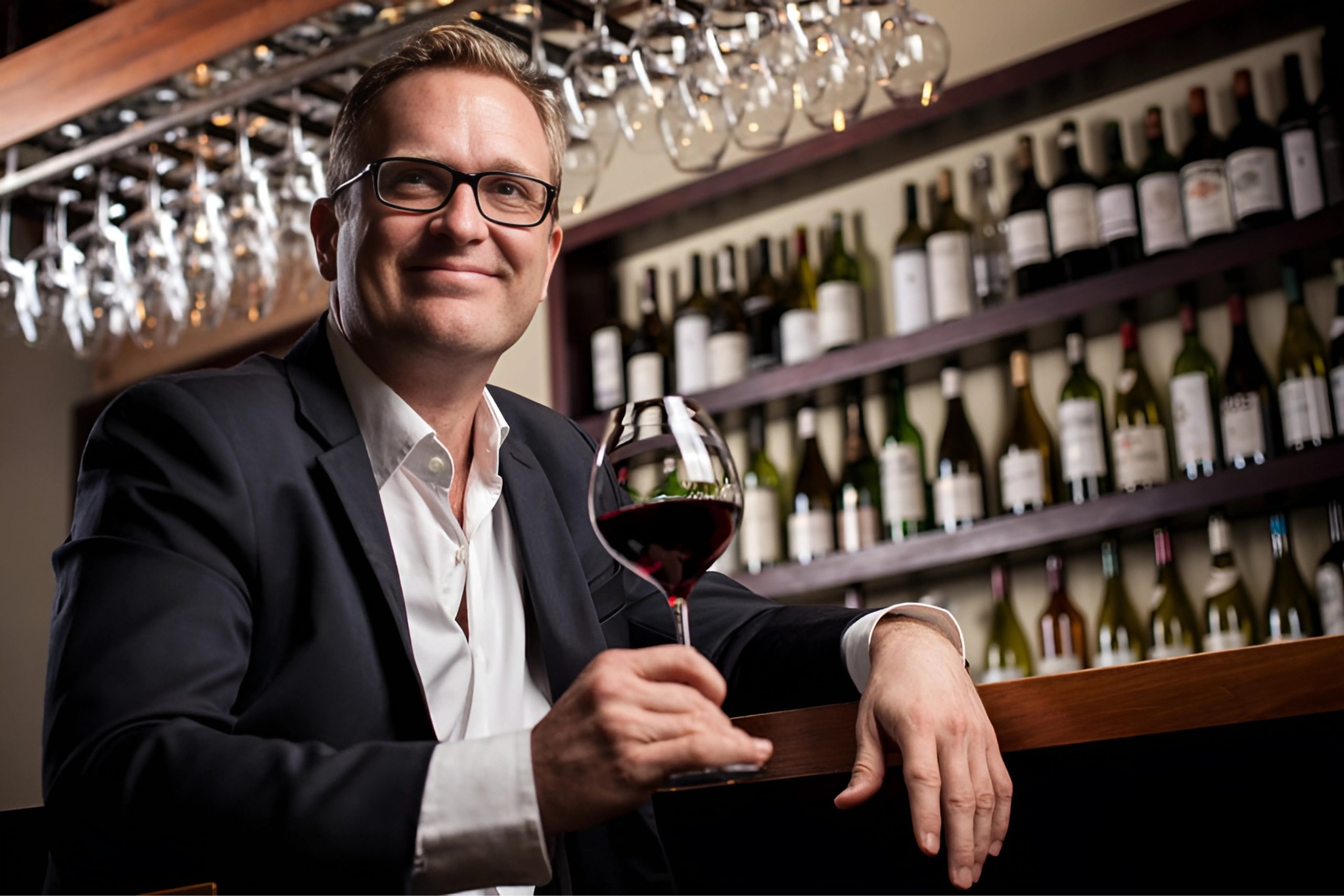US state bans sale of 95% abv grain spirit
A ban on high-proof spirits will take effect in the US state of Maryland this week with the aim of reducing binge drinking among students and sexual assaults on campus.
Everclear’s 190 proof grain alcohol is just one of the products that will fall under the ban.
As of Tuesday, it will become illegal to sell 190-proof (95% abv) grain alcohol in the state, such as Everclear – a spirit old by American company Luxco and bottled at 151-proof (75.5% abv) and 190-proof (95% abv) levels.
The ban, which covers grain spirit with an abv of 95% and above, has been backed by a group of university presidents concerned about the increased sexual assaults and excess taking place on their campuses, as reported by the Baltimore Sun.
Speaking to the paper, Del. Charles Barkley, a Montgomery County Democrat and sponsor of the bill, said: “Getting it off the market will maybe reduce problems at the college level,” adding that students have used it to get “bombed out of their mind,” putting themselves in danger.
While David Jernigan, an associate professor at the Johns Hopkins Bloomberg School of Public Health, told wusa9.com: “This is a product that college presidents identified as a substantial problem on their campuses.”
“It packs a wallop that is easily disguised.”
Partner Content
However some have said that the new law will have little effect, with 150 proof grain spirits still available, and with expectations that manufacturers will simply lower their products to 188 proof to circumvent the law.
Speaking to the Baltimore Sun Jay Chung, manager of a liquor store in Maryland, called the law “an exercise in futility”, adding that lowering the level to 120-proof might have been more effective.
The legislation was backed by the Maryland Collaborative to Reduce College Drinking and Related Problems which was formed in 2013 and includes 10 college presidents and public health experts from the University of Maryland, College Park and the Johns Hopkins Bloomberg School of Public Health.





They’ll just buy twice as much regular liquor. Meanwhile, people won’t be able to use this for home manufacture of a variety of products that require high proof alcohol as an extracting agent, and may turn to less healthy alternatives. I wonder who’s stands to win in this arrangement/who bought the local government to get this law passed.